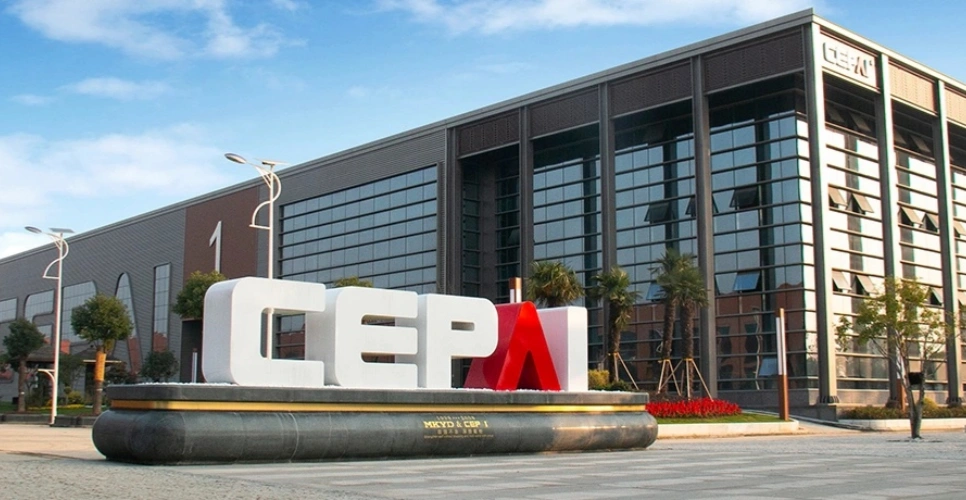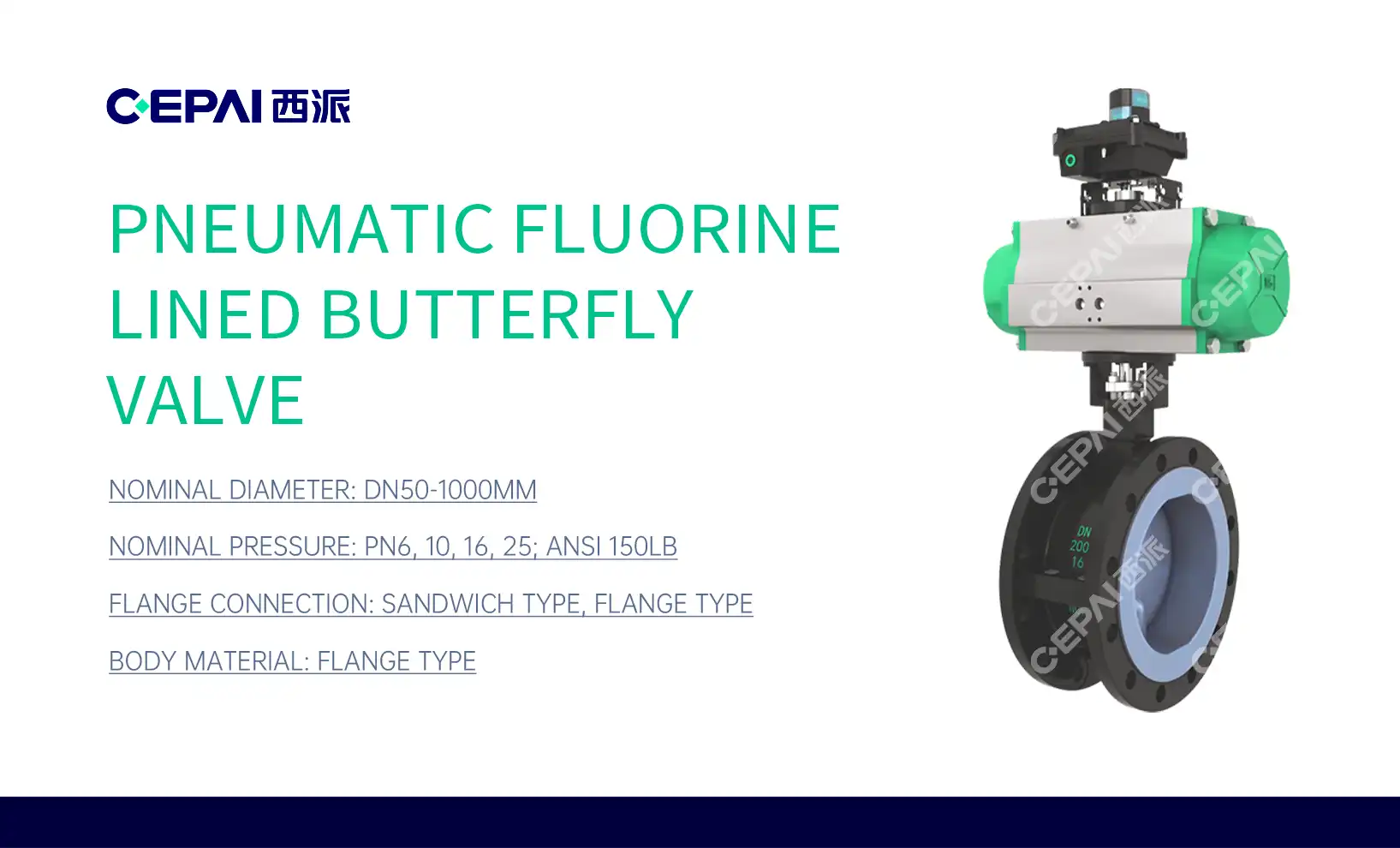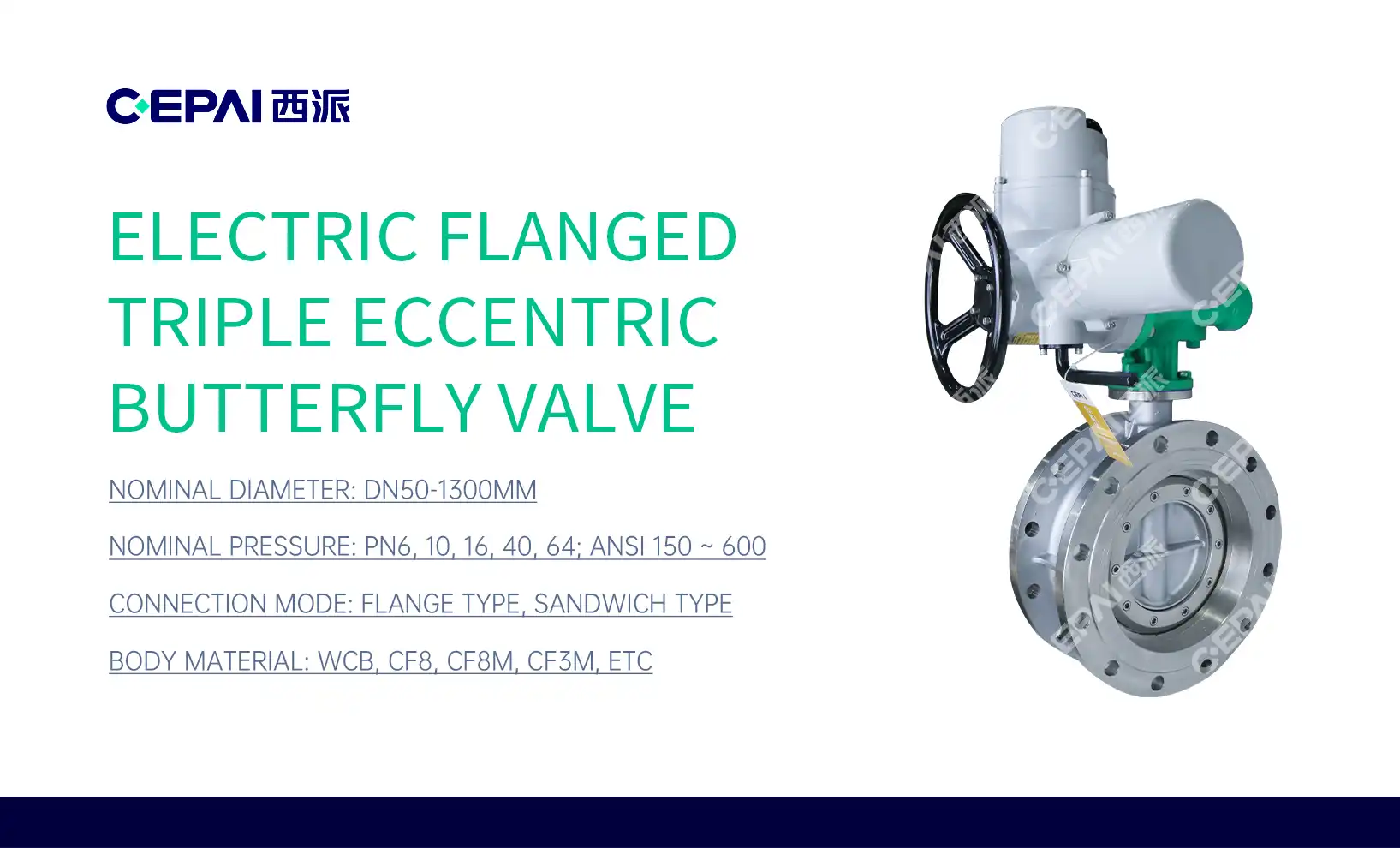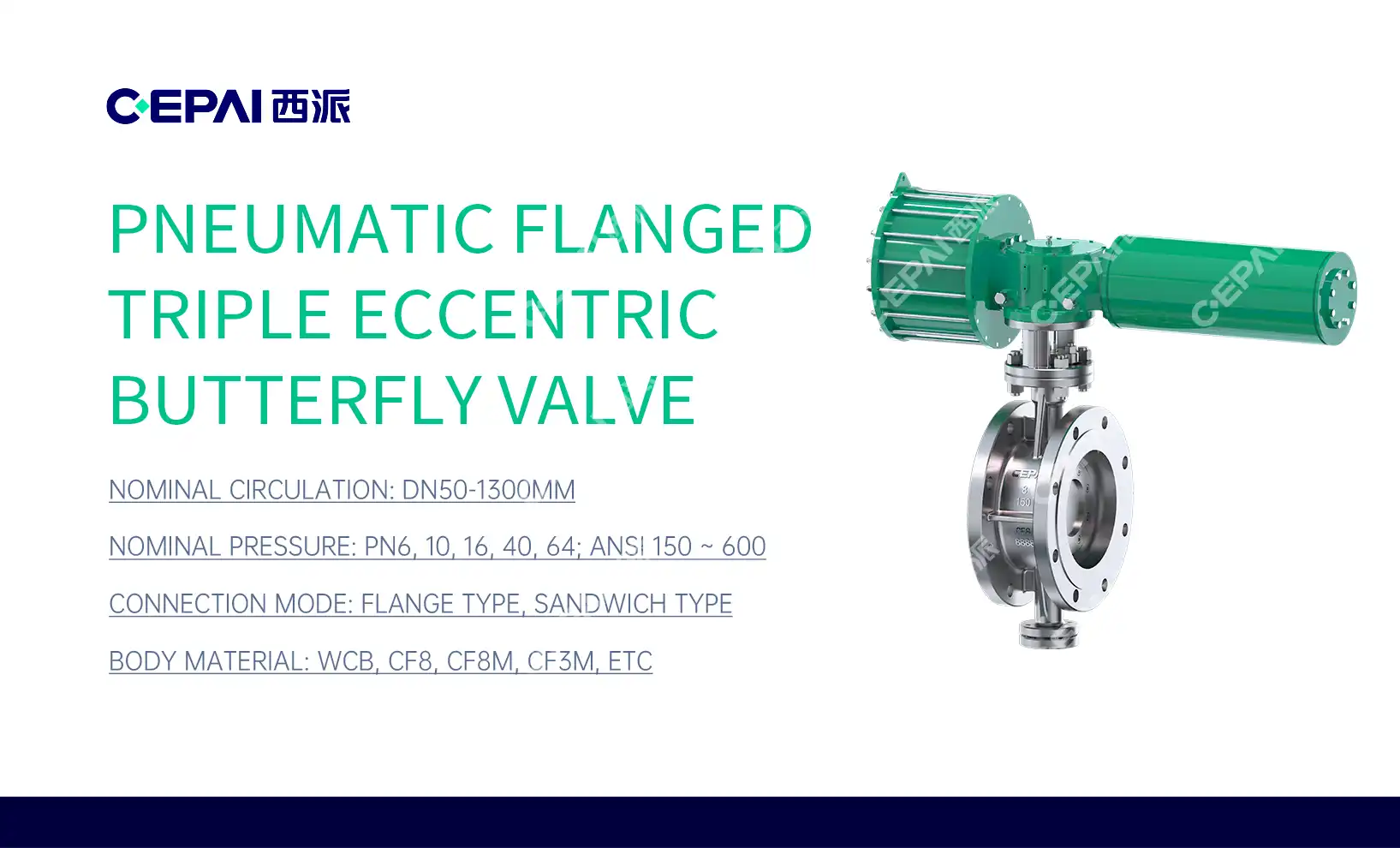Advantages of Pneumatic Control Valves in Industrial Applications
Superior Speed and Responsiveness
Pneumatic control valves excel in applications where rapid response is crucial. The use of compressed air allows for near-instantaneous actuation, making these valves ideal for processes that require quick adjustments. This swift response time can be particularly beneficial in industries such as chemical processing, where precise control of flow rates and pressures is essential for maintaining product quality and safety standards.
Moreover, the rapid cycling capability of pneumatic valves enables them to handle frequent open-close operations without compromising performance. This characteristic is particularly valuable in batch processing systems or applications with rapidly changing flow requirements. The ability to quickly adjust to varying process conditions contributes to enhanced overall system efficiency and productivity.
Enhanced Safety in Hazardous Environments
One of the standout features of pneumatic control valves is their intrinsic safety in potentially explosive or flammable environments. Unlike motorized valves that rely on electrical power, pneumatic systems use compressed air or inert gases, eliminating the risk of spark generation. This makes them the preferred choice in oil and gas facilities, chemical plants, and other industries where the presence of combustible materials is a concern.
Furthermore, pneumatic valves can be designed with fail-safe mechanisms that automatically move the valve to a predetermined position in case of power or air supply failure. This inherent safety feature provides an additional layer of protection against potential hazards, ensuring that processes can be shut down safely in emergency situations.
Cost-Effective Operation and Maintenance
From an economic standpoint, pneumatic control valves often prove more cost-effective than their motorized counterparts. The simplicity of pneumatic systems translates to lower initial investment costs and reduced maintenance expenses over the valve's lifetime. The absence of complex electronic components means fewer potential points of failure, leading to increased reliability and decreased downtime.
Additionally, the energy efficiency of pneumatic systems can contribute to long-term cost savings. While compressed air systems do require energy to operate, the overall power consumption of pneumatic valves is often lower than that of motorized alternatives, especially in applications requiring frequent actuation. This energy efficiency can result in significant cost reductions over time, particularly in large-scale industrial operations.
Design and Operational Principles of Pneumatic Control Valves
Core Components and Their Functions
Pneumatic control valves consist of several key components that work in harmony to provide precise flow control. The main body of the valve houses the closure member, which can be a ball, globe, or diaphragm, depending on the specific application requirements. The actuator, typically a piston or diaphragm type, is responsible for moving the closure member in response to changes in air pressure.
Another crucial element is the positioner, which ensures accurate valve positioning by comparing the desired setpoint with the actual valve position. This feedback mechanism allows for fine-tuned control, essential in processes requiring high precision. The air supply system, including regulators and filters, maintains the appropriate pressure and quality of the compressed air, ensuring consistent and reliable valve operation.
Working Principle and Control Mechanisms
The operation of pneumatic control valves revolves around the principle of using compressed air to generate mechanical force. When a control signal is received, typically from a process controller or distributed control system, it is converted into a corresponding air pressure signal. This air pressure acts on the actuator, causing it to move the valve stem and, consequently, the closure member.
The relationship between the input signal and the valve position can be customized through the use of different actuator designs and control characteristics. For instance, equal percentage characteristics provide finer control at lower flow rates, while linear characteristics offer uniform changes in flow across the entire range of valve travel. This flexibility allows pneumatic control valves to be tailored to specific process requirements, enhancing their versatility across various industrial applications.
Integration with Process Control Systems
Modern pneumatic control valves seamlessly integrate with advanced process control systems, offering enhanced monitoring and control capabilities. Smart positioners equipped with digital communication protocols such as HART, Profibus, or Foundation Fieldbus enable real-time data exchange between the valve and the control room. This integration facilitates remote monitoring, diagnostics, and adjustment of valve parameters, contributing to improved process efficiency and reduced maintenance requirements.
Furthermore, the compatibility of pneumatic systems with various instrumentation and control architectures allows for easy retrofitting in existing plants. This adaptability makes pneumatic control valves a popular choice in both new installations and plant upgrades, where they can be easily incorporated into existing control loops without significant modifications to the overall system architecture.
Applications and Industries Benefiting from Pneumatic Control Valves
Oil and Gas Sector
In the oil and gas industry, pneumatic control valves play a crucial role in various processes, from upstream exploration to downstream refining. Their ability to operate in potentially explosive atmospheres makes them indispensable in wellhead control systems, where they regulate flow rates and pressures. In refineries, these valves are used in distillation columns, heat exchangers, and blending operations, providing precise control over product quality and process efficiency.
The robustness of pneumatic valves also makes them suitable for offshore platforms, where they must withstand harsh marine environments and operate reliably under challenging conditions. Their fast response times are particularly valuable in emergency shutdown systems, where rapid isolation of process units is essential for safety.
Chemical and Petrochemical Processing
The chemical and petrochemical industries benefit greatly from the precision and reliability of pneumatic control valves. In reactor systems, these valves ensure accurate dosing of reactants and control of reaction conditions, crucial for maintaining product quality and process safety. Their ability to handle corrosive media and operate in high-temperature environments makes them ideal for use in various chemical processes.
Pneumatic valves also excel in batch processing applications common in specialty chemical production. Their rapid cycling capabilities allow for quick changes between different product runs, enhancing plant flexibility and productivity. Additionally, the intrinsic safety of pneumatic systems is particularly valuable in facilities handling flammable or toxic substances, contributing to overall plant safety.
Power Generation and Utilities
In power plants and utility services, pneumatic control valves find extensive use in boiler feedwater control, steam turbine governing, and emissions control systems. Their quick response times are crucial for maintaining stable steam pressures and temperatures, essential for efficient power generation. In cooling water systems, these valves provide precise flow control, optimizing heat transfer and energy efficiency.
The reliability of pneumatic valves is particularly important in critical utility services such as water treatment plants and gas distribution networks. Here, they play a vital role in maintaining consistent pressure and flow rates, ensuring uninterrupted service delivery. The low maintenance requirements of pneumatic systems also contribute to reduced operational costs in these often budget-constrained public utility sectors.
Conclusion
Pneumatic control valves offer significant advantages over motorized alternatives in many industrial applications. Their rapid response times, intrinsic safety in hazardous environments, and cost-effective operation make them a preferred choice across various sectors. From the oil and gas industry to chemical processing and power generation, pneumatic valves continue to prove their worth through reliable performance and precise control. As industries evolve and face new challenges, the versatility and efficiency of pneumatic control valves position them as a crucial component in modern process control systems, ensuring optimal performance and safety in diverse industrial operations.
Contact Us
Experience the superior performance and reliability of pneumatic control valves with CEPAI Group. Our cutting-edge valve solutions are designed to enhance your industrial processes, improve safety, and reduce operational costs. Contact us today at cepai@cepai.com to learn how our expert team can tailor pneumatic control valve solutions to meet your specific industry needs.


_1746598525968.webp)



